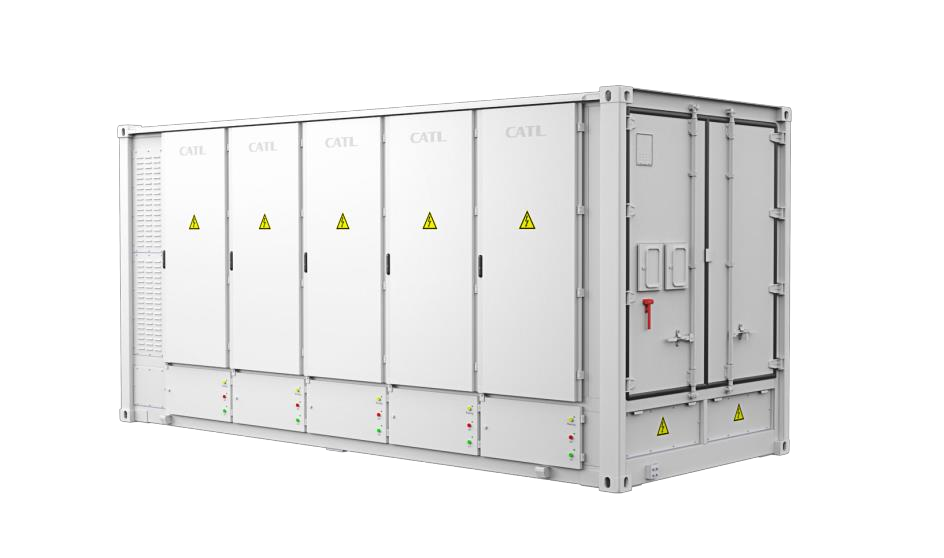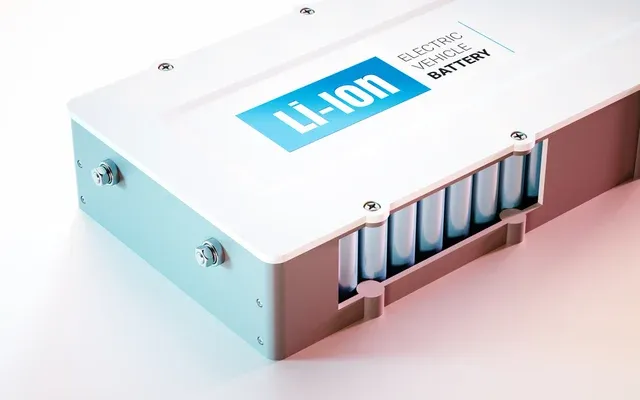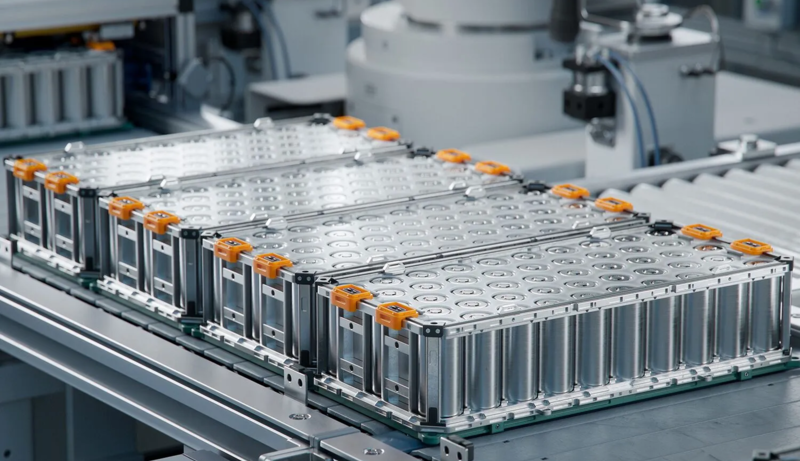As the world continues its transition toward renewable energy, Battery Energy Storage Systems (BESS) are becoming increasingly integral in managing and optimizing energy consumption, particularly in conjunction with EV chargers. These systems are crucial for balancing energy supply and demand, enhancing the reliability of power grids, and supporting the use of intermittent renewable sources like solar and wind. This article explores what BESS are, their various types, how they function, and their numerous benefits, including their role in powering EV charging infrastructure efficiently.
Battery Energy Storage Systems (BESS) are advanced technologies designed to store electrical energy for later use. They enable the capture and retention of excess energy generated during peak production periods, which can then be utilized when energy demand is high or supply is low. This capability is essential for integrating renewable energy sources into the grid, ensuring a consistent and reliable energy supply. Battery Energy Storage Systems come in several types, each with unique characteristics and applications. Here’s a closer look at the main types:
Lithium-Ion (Li-ion) batteries are the most widely used type of battery storage. Known for their high energy density, long cycle life, and relatively low maintenance needs, Li-ion batteries are employed in various applications, from electric vehicles to grid storage solutions. Their efficiency and scalability make them a popular choice for both residential and commercial energy storage systems.
Battery Energy Storage Systems come in several types, each with unique characteristics and applications. Here’s a closer look at the main types:
Lithium-Ion (Li-ion) batteries are the most widely used type of battery storage. Known for their high energy density, long cycle life, and relatively low maintenance needs, Li-ion batteries are employed in various applications, from electric vehicles to grid storage solutions. Their efficiency and scalability make them a popular choice for both residential and commercial energy storage systems. Lead-Acid batteries, one of the oldest and most established battery technologies, are characterized by their cost-effectiveness and robustness. They are commonly used in applications such as backup power supplies and off-grid energy systems. While they offer a lower energy density compared to Li-ion batteries, their proven reliability and lower upfront cost make them a viable option for certain storage needs.
Flow batteries are a type of rechargeable battery where energy is stored in liquid electrolytes. They are known for their scalability and long cycle life. Flow batteries are particularly suited for large-scale energy storage applications due to their ability to store significant amounts of energy and their flexibility in operation. They can be recharged quickly and have the advantage of decoupling power and energy capacity, making them a promising technology for grid stabilization and renewable energy integration.
Sodium-Sulfur (NaS) batteries are high-temperature batteries that operate at elevated temperatures to maintain a molten state of sodium and sulfur. They are known for their high energy density and efficiency in large-scale storage applications. NaS batteries are predominantly used in industrial and grid storage applications due to their high operational temperature requirements and long cycle life.
Lead-Acid batteries, one of the oldest and most established battery technologies, are characterized by their cost-effectiveness and robustness. They are commonly used in applications such as backup power supplies and off-grid energy systems. While they offer a lower energy density compared to Li-ion batteries, their proven reliability and lower upfront cost make them a viable option for certain storage needs.
Flow batteries are a type of rechargeable battery where energy is stored in liquid electrolytes. They are known for their scalability and long cycle life. Flow batteries are particularly suited for large-scale energy storage applications due to their ability to store significant amounts of energy and their flexibility in operation. They can be recharged quickly and have the advantage of decoupling power and energy capacity, making them a promising technology for grid stabilization and renewable energy integration.
Sodium-Sulfur (NaS) batteries are high-temperature batteries that operate at elevated temperatures to maintain a molten state of sodium and sulfur. They are known for their high energy density and efficiency in large-scale storage applications. NaS batteries are predominantly used in industrial and grid storage applications due to their high operational temperature requirements and long cycle life. Battery Energy Storage Systems work by converting electrical energy into chemical energy during charging and then back into electrical energy during discharging. The basic operation involves the following steps:
When there is excess energy on the grid, the BESS charges by converting this electrical energy into chemical energy stored within the battery cells.
The energy remains stored in the battery until it is needed. The chemical energy is maintained within the battery, allowing it to be held in reserve.
When energy demand exceeds supply or when renewable energy sources are unavailable, the stored energy is converted back into electrical energy and supplied to the grid or the end-use application.
Battery Energy Storage Systems work by converting electrical energy into chemical energy during charging and then back into electrical energy during discharging. The basic operation involves the following steps:
When there is excess energy on the grid, the BESS charges by converting this electrical energy into chemical energy stored within the battery cells.
The energy remains stored in the battery until it is needed. The chemical energy is maintained within the battery, allowing it to be held in reserve.
When energy demand exceeds supply or when renewable energy sources are unavailable, the stored energy is converted back into electrical energy and supplied to the grid or the end-use application.This process allows for energy to be stored during periods of low demand or high production and utilized during periods of high demand or low production, thus maintaining a stable and reliable energy supply. Battery Energy Storage Systems offer several significant advantages, making them a valuable component of modern energy infrastructure. BESS contribute to environmental sustainability by facilitating the use of renewable energy sources. By storing excess energy generated from sources such as solar and wind, these systems reduce reliance on fossil fuels and help to lower greenhouse gas emissions. Additionally, they enable better management of energy resources, reducing waste and enhancing overall energy efficiency. By storing energy during periods of low cost and discharging it during peak demand times, BESS can help reduce overall energy costs. This cost-saving potential is particularly beneficial for businesses and residential users who are looking to lower their energy bills. In some regions, utility companies also offer incentives for energy storage systems, further reducing the cost of implementation. Battery Energy Storage Systems provide a degree of energy independence by reducing reliance on the grid. In areas with frequent power outages or unstable grids, BESS offer a reliable backup power source. This capability enhances energy security and ensures a continuous power supply, even during grid disruptions. The resilience provided by BESS is a key advantage, particularly for critical infrastructure and emergency services. In the event of power outages or emergencies, stored energy can be quickly accessed to maintain essential operations and services. This resilience is crucial for maintaining the stability and reliability of power systems during adverse conditions. Battery Energy Storage Systems represent a pivotal advancement in energy management and sustainability. With various types available, including Lithium-Ion, Lead-Acid, Flow, and Sodium-Sulfur batteries, BESS offer flexible solutions for different applications. Their ability to store and manage energy efficiently brings numerous benefits, including environmental gains, cost savings, reduced grid dependency, and increased resilience. As the global energy landscape continues to evolve, BESS will play an increasingly important role in supporting the transition to a more sustainable and reliable energy future.
